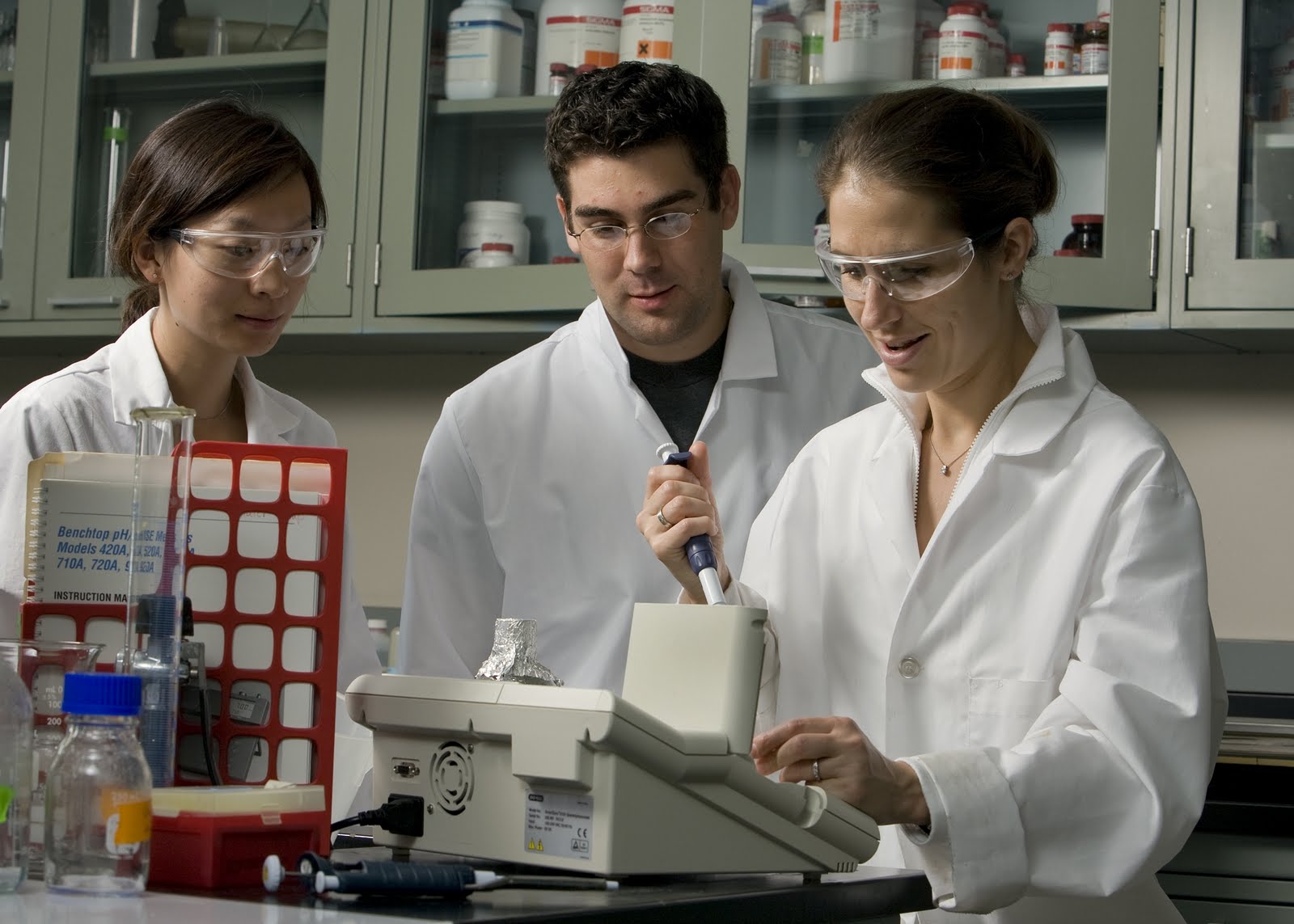

- COMMON WORK CONTEXTS FOR BIOMEDICAL ENGINEERS HOW TO
- COMMON WORK CONTEXTS FOR BIOMEDICAL ENGINEERS REGISTRATION
- COMMON WORK CONTEXTS FOR BIOMEDICAL ENGINEERS PROFESSIONAL

COMMON WORK CONTEXTS FOR BIOMEDICAL ENGINEERS PROFESSIONAL
Throughout your studies you will gain the advanced analytical, technical and professional skills required to begin a career in biomedical engineering. You will also cover the application of clinical decision making, design of optimal clinical devices, medical imaging systems, computer modelling of physiological systems, biomaterials design, and biomechanics for injury, among many others. You will learn about anatomy and physiology, and learn to interpret, analyse and critically evaluate experimental results to improve technology, as well as the instrumentation to diagnose and treat disease and disability.īy choosing this degree, you have the potential to make life-changing advancements in the field, working on a diverse range of projects such as artificial organs, automated patient monitoring, blood chemistry sensors, advanced therapeutic and surgical devices. This course will cover the engineering design principles and engineering fundamentals such as mechanics and electronics and the mathematics that support them. What will you study on the BEng Biomedical Engineering?
COMMON WORK CONTEXTS FOR BIOMEDICAL ENGINEERS HOW TO
Their first-hand experience in your subject area means they understand how to best support you. Get the support you need to succeedĭuring your course, you’ll get personalised support from your Personal Tutor, Student Learning Assistants, and Graduate Academic Assistants. You will graduate from our course with career options in a variety of sections, including clinical or rehabilitation engineering, bioinstrumentation, biomaterials, biomechanics, and medical imaging. You can also gain valuable professional experience – and receive a Diploma of Employability Studies – by taking a work placement with the NHS or one of our industrial partners between years two and three.īiomedical engineering studies gives you the ultimate stepping-stone to a number of global career opportunities in a rapidly expanding field. This team of highly experienced professional engineers and qualified healthcare practitioners are on hand to give you the support you need to succeed in your studies and establish your career in biomedical engineering. Many of our academic staff are engaged in pioneering research in these and other areas including prosthetic design and rehabilitation engineering and they bring this expertise in to their teaching in the course. It is here that we’re making significant healthcare developments, which include the monitoring of premature babies, deep brain stimulation and the diagnosis and treatment of cancer. You will also have access to the facilities in our bioengineering and physics research laboratories. We have fully equipped, state-of-the-art laboratories for medical device design and human performance measurement. Develop your biomedical engineering skills You will gain specialist biomedical engineering skills to follow in the footsteps of graduates who have forged careers in clinical engineering, biomechanics, orthotics and prosthetics.
COMMON WORK CONTEXTS FOR BIOMEDICAL ENGINEERS REGISTRATION
The BEng degree is accredited as partially meeting the academic requirements for registration as a Chartered Engineer and fully meeting those for registration as an Incorporated Engineer. Our degree has been specifically designed to meet the standards set by the collaboration between the UK Quality Assurance Agency and the Engineering Council alongside the demands of healthcare providers. During your course you will enhance your engineering knowledge and gain specialist skills which will help you to design and improve existing and emergent systems, devices and treatments.
.jpg)
You will build on your previous experience in applied mathematics, physics, or other sciences. This provides you with a solid understanding of the technological developments taking place in the fields of medical engineering and bioengineering. Our multi-disciplinary biomedical engineering course mixes engineering with biomedical science and physiology.


 0 kommentar(er)
0 kommentar(er)
